 The Algeria Portal
Algeria, officially the People's Democratic Republic of Algeria, is a country in North Africa. Algeria is bordered to the northeast by Tunisia; to the east by Libya; to the southeast by Niger; to the southwest by Mali, Mauritania, and Western Sahara; to the west by Morocco; and to the north by the Mediterranean Sea. It is considered part of the Maghreb region of North Africa. It has a semi-arid geography, with most of the population living in the fertile north and the Sahara dominating the geography of the south. Algeria covers an area of 2,381,741 square kilometres (919,595 sq mi), making it the world's tenth largest nation by area, and the largest nation in Africa, more than 200 times as large as the continent's smallest country, The Gambia. With a population of 44 million, Algeria is the tenth-most populous country in Africa, and the 32nd-most populous country in the world. The capital and largest city is Algiers, located in the far north on the Mediterranean coast. Centuries of Arab migration to the Maghreb since the 7th century shifted the demographic scope in Algeria. The Spanish expansionism led to the establishment of the Regency of Algiers in 1516, a state that attracted people from all over the Mediterranean, making its capital Algiers one of the largest, wealthiest, and most cosmopolitan cities in the world. Its decline in the 19th century resulted in its invasion by the French in 1830. The conquest and pacification of the country that ensued lasted until 1903 and led to Algeria becoming an integral part of France in 1848 and home to over a million European settlers. The Sétif and Guelma massacre in 1945 marked a turning point in Franco-Algerian relations and sparked the Algerian War which concluded with Algeria gaining its independence on 5 July 1962 and the proclamation of the People's Democratic Republic on 25 September of that year. (Full article...) Selected article -The Algerian Civil War (Arabic: الحرب الأهلية الجزائرية), known in Algeria as the Black Decade (Arabic: العشرية السوداء, French: La décennie noire), was a civil war fought between the Algerian government and various Islamist rebel groups from 11 January 1992 (following a coup negating an Islamist electoral victory) to 8 February 2002. The war began slowly, as it initially appeared the government had successfully crushed the Islamist movement, but armed groups emerged to declare jihad and by 1994, violence had reached such a level that it appeared the government might not be able to withstand it. By 1996–97, it had become clear that the Islamist resistance had lost its popular support, although fighting continued for several years after. The war has been referred to as 'the dirty war' (la sale guerre), and saw extreme violence and brutality used against civilians. Islamists targeted journalists, over 70 of whom were killed, and foreigners, over 100 of whom were killed, although it is thought by many that security forces as well as Islamists were involved, as the government had infiltrated the insurgents. Children were widely used, particularly by the rebel groups. Total fatalities have been estimated at 44,000 to between 100,000 and 200,000. (Full article...)General images -The following are images from various Algeria-related articles on Wikipedia.
Did you know
Selected biography -Omar Derdour (Arabic: عمر دردور), full name Abou El Kacem Omar Derdour (13 October 1913 – 19 March 2009), was an Algerian Muslim leader, nationalist, and political worker. A disciple of Abdelhamid Ben Badis, he was active in the Islamic reformation of Algeria and the Algerian War of Independence. He directed the Friends of the Manifesto and Liberty Party's (in French: Amis du Manifeste et de la Liberté, AML) Federation in Constantine, and was a member of the Central Committee and Deputy of the Constantine region from 1947 to 1951. (Full article...)
Selected cuisines, dishes and foods -
Mouna, also known as Mona is an Algerian orange scented brioche that is indigenous to the city of Oran. It has a sweet taste enriched with oil and eggs and often contains anise, sesame, orange or other citrus. The Pieds noirs, who introduced it into France in the 1960s, tend to eat it at Easter. (Full article...)
Related portalsWikiProjects
CategoriesSelect [►] to view subcategories
Algeria Algeria-related lists Buildings and structures in Algeria Algerian culture Economy of Algeria Education in Algeria Environment of Algeria Geography of Algeria Government of Algeria Health in Algeria History of Algeria Organisations based in Algeria Algerian people Politics of Algeria Society of Algeria Algeria stubs Things you can do
New articlesThis list was generated from these rules. Questions and feedback are always welcome! The search is being run daily with the most recent ~14 days of results. Note: Some articles may not be relevant to this project. Rules | Match log | Results page (for watching) | Last updated: 2023-12-04 19:36 (UTC) Note: The list display can now be customized by each user. See List display personalization for details.
Algeria topics
Associated WikimediaFind this theme on other projects coordinated by the Wikimedia Foundation, Wikipedia hosting provider: | ||||||||||
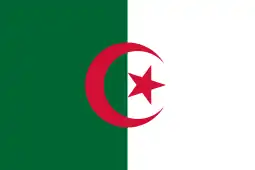
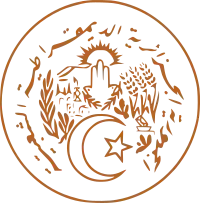
.svg.png.webp)
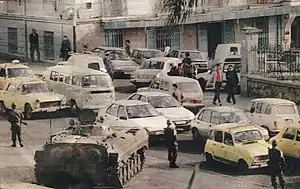
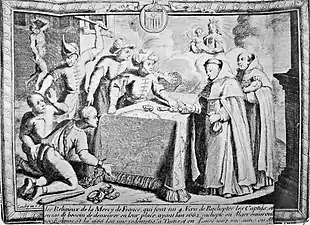
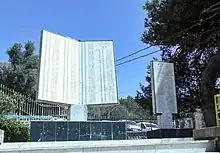
.jpg.webp)
.jpg.webp)
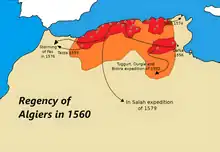
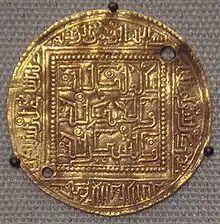
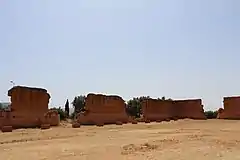
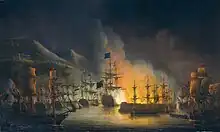
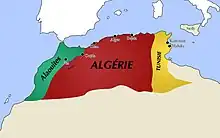
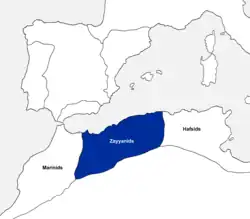
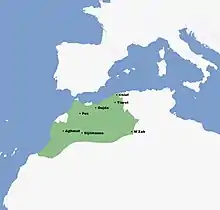
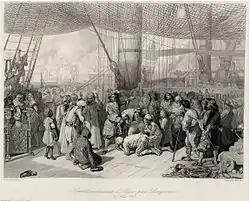
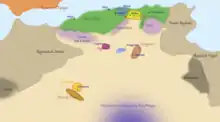
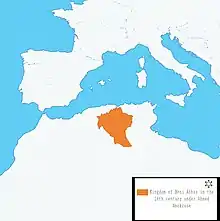

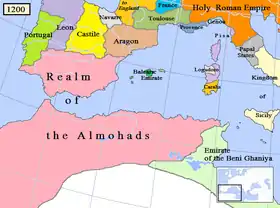
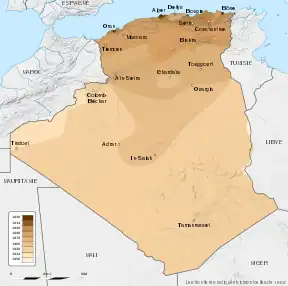
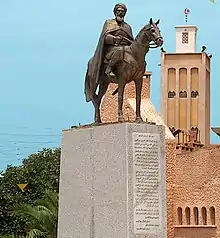

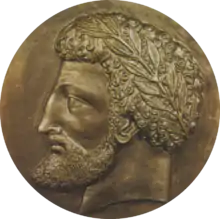
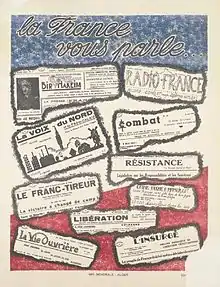
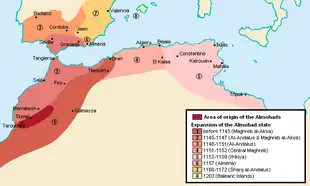
.png.webp)
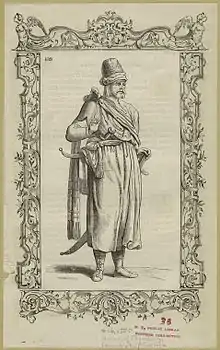
.png.webp)
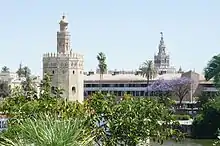
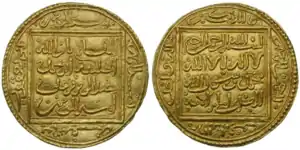
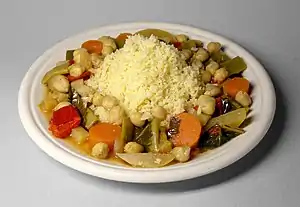
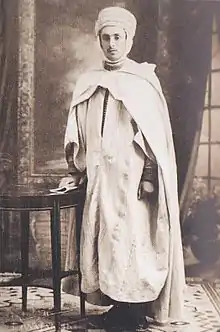
.jpg.webp)